
- This event has passed.
Gratitude
13th Annual Summer Seminar
June 26-30, 2023
Franciscan University of Steubenville
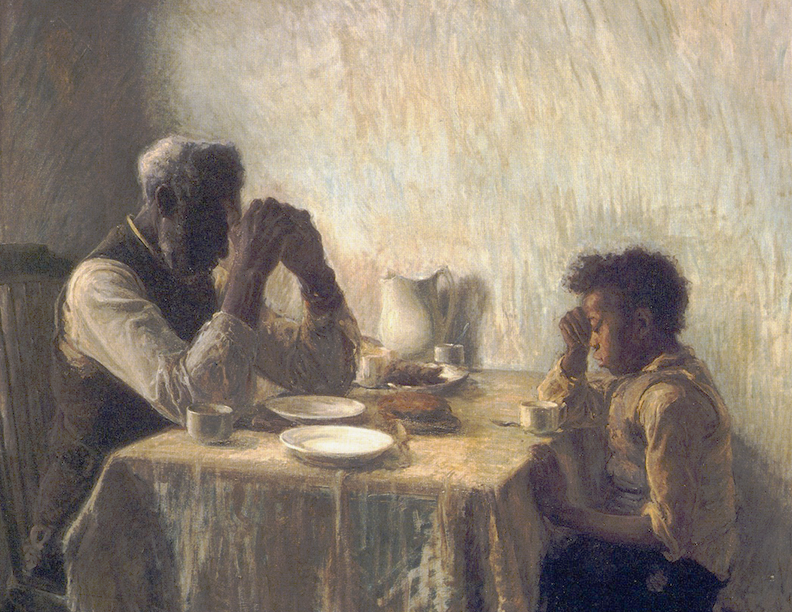
The person who is filled with gratitude toward God is also the only person who is truly awake.
Dietrich von Hildebrand, Gratitude
Seminar Description
In this seminar we will explore gratitude as a fundamental moral disposition without which no one can really be happy.
We are made for gratitude because we are creatures, owing gratitude to our creator for our very existence. We either accept ourselves, our own created being, in gratitude or we reject it in resentment both of ourselves and of reality.
Gratitude precludes proclamations to absolute autonomy and rejects the Promethean aspiration to complete self-creation, to become ourselves like gods.
Influential philosophical errors both old and new are marked particularly by their hostility toward gratitude. Marx’s charge to remake the world. Nietzsche’s will to power. The modernist’s self-made man. Transhumanist fantasies for worldly immortality.
Our culture today is fraught by questions about gratitude. How do we receive in gratitude the goods of our own traditions despite their evils, of which we are increasingly aware? Can we cultivate gratitude in a social-media world of envy, isolation, and self-assertion? Why should we be grateful in the midst of great suffering?
In this seminar, we will attempt to answer these questions and to offer gratitude as an antidote to other challenges, such as feelings of loneliness, resentment, envy, and the self-hatred that oppresses so many today. We will show how gratitude guards against despair, and resists the nihilist attitude that fails to see the value of anything.
Ultimately, we will propose gratitude as an essential condition of human happiness and human flourishing. In so doing, we will explore the relations between gratitude and contemplation, stewardship, and material creation; between gratitude and wonder, creativity, and invention; between gratitude and beauty, hope, and joy; and between gratitude, self-love, and the love of God.
We will draw on ideas in Sts. Augustine and Aquinas, Søren Kierkegaard, Romano Guardini, Joseph Pieper, Popes Benedict XVI and John Paul II, Dietrich and Alice von Hildebrand, Gabriel Marcel, Max Scheler, Roger Scruton, Russell Kirk, and many others. We will also draw on artistic expressions of gratitude, notably in poetry (e.g., Gerard Manley Hopkins) and music (e.g. Schubert).
Seminar Faculty
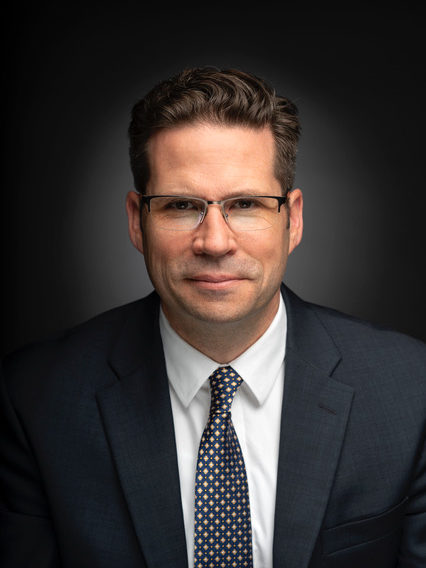
Jonathan J. Sanford
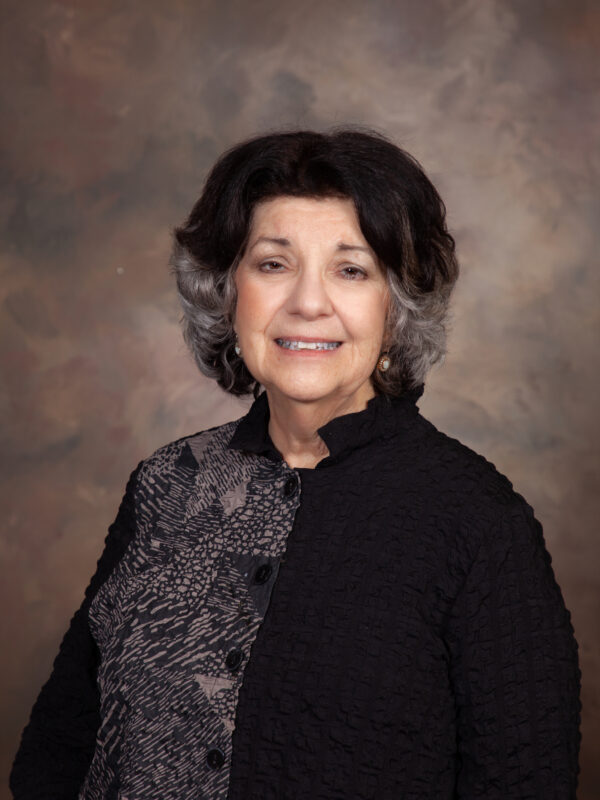
Eleonore Stump
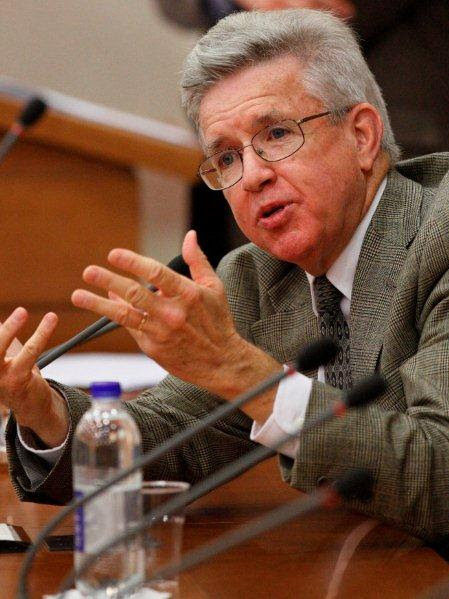
John F. Crosby
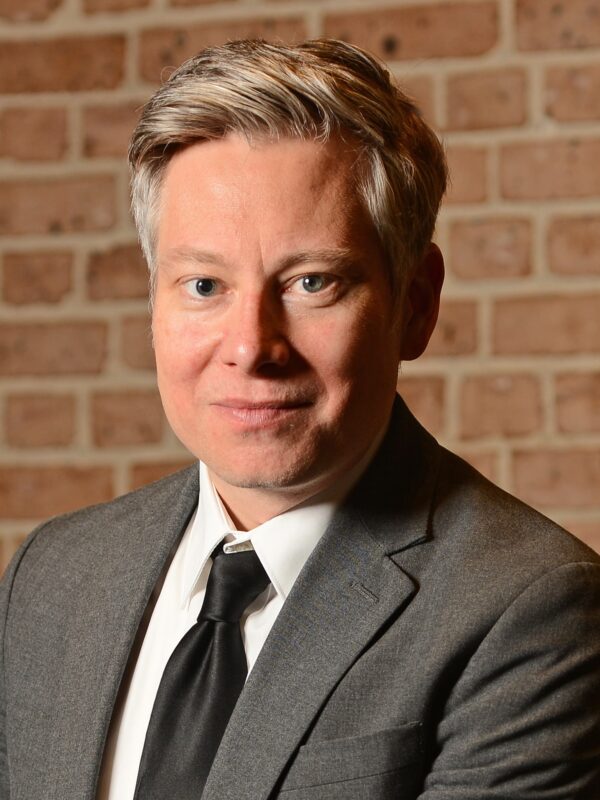
James Matthew Wilson
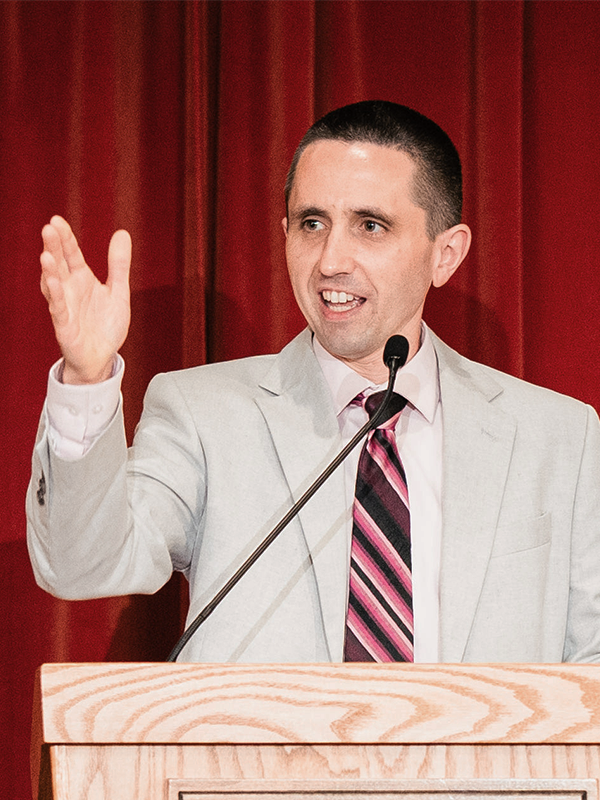
Mark K. Spencer
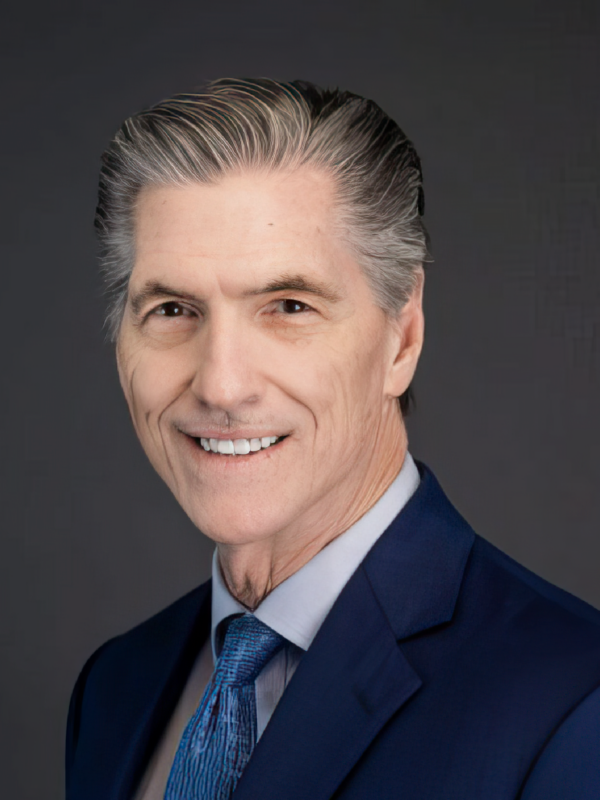
Patrick Lee
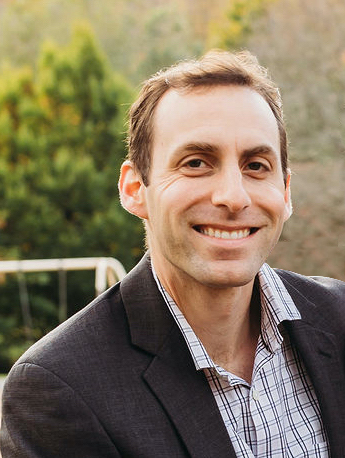
Matthew Shea
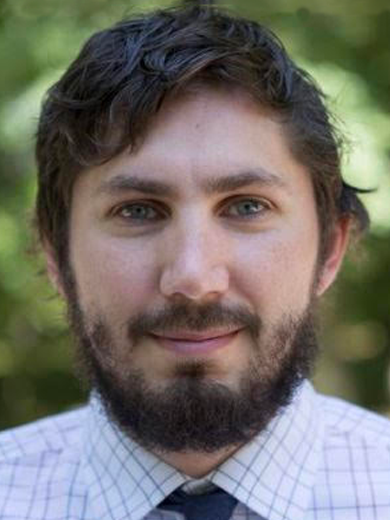
Brandon Dahm
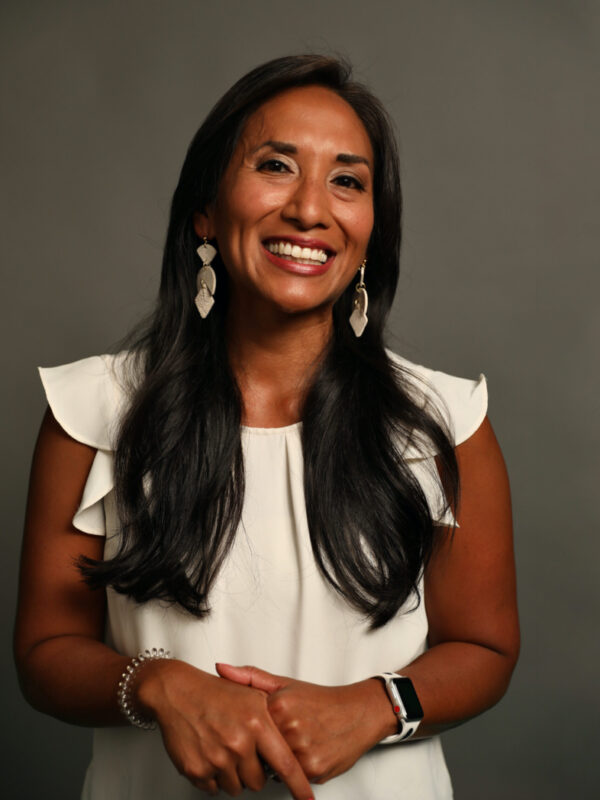
Rachel Bulman
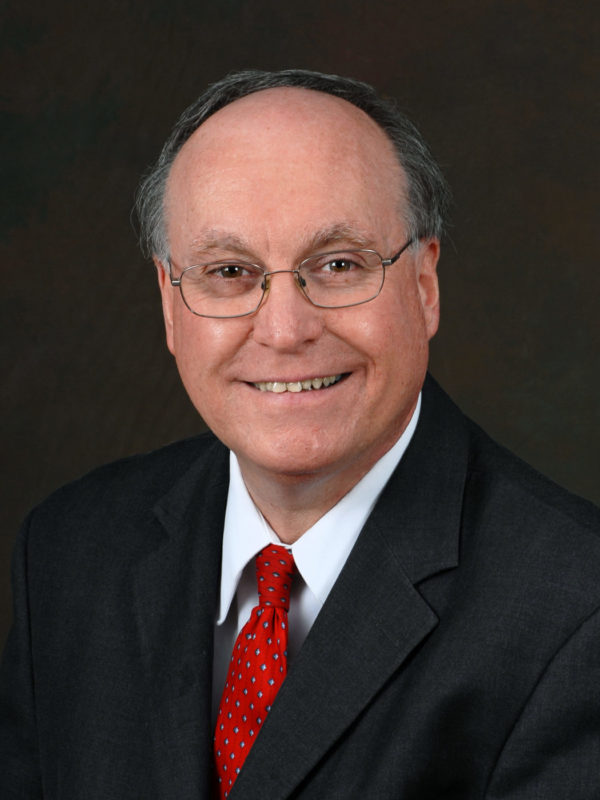
James Beauregard
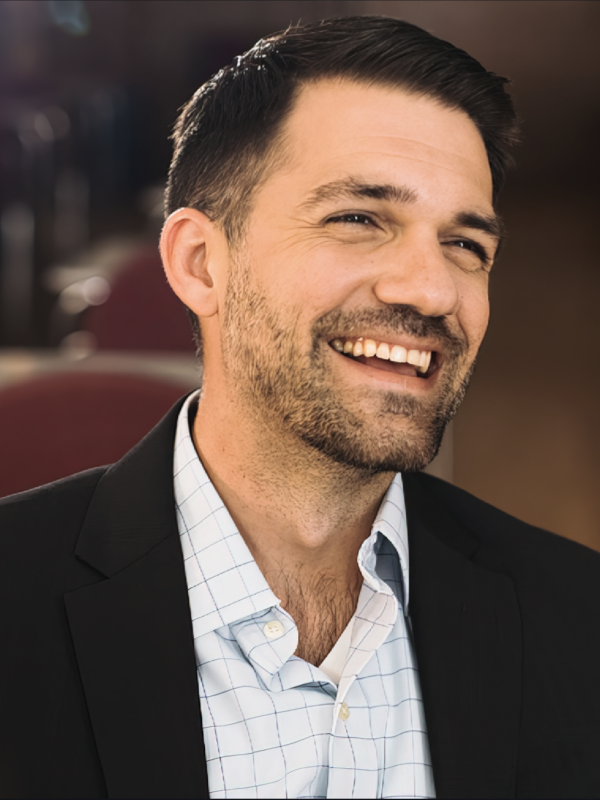
Dr. Gregory Bottaro
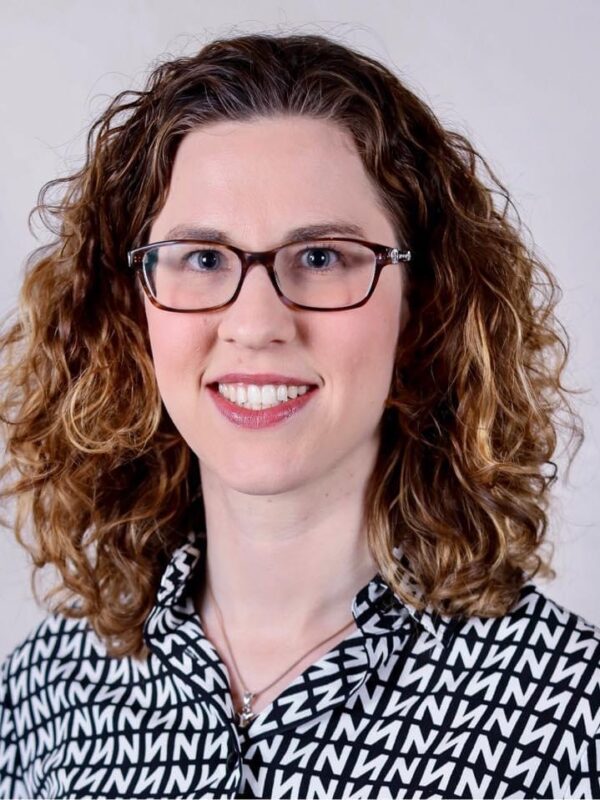
Amanda Achtman
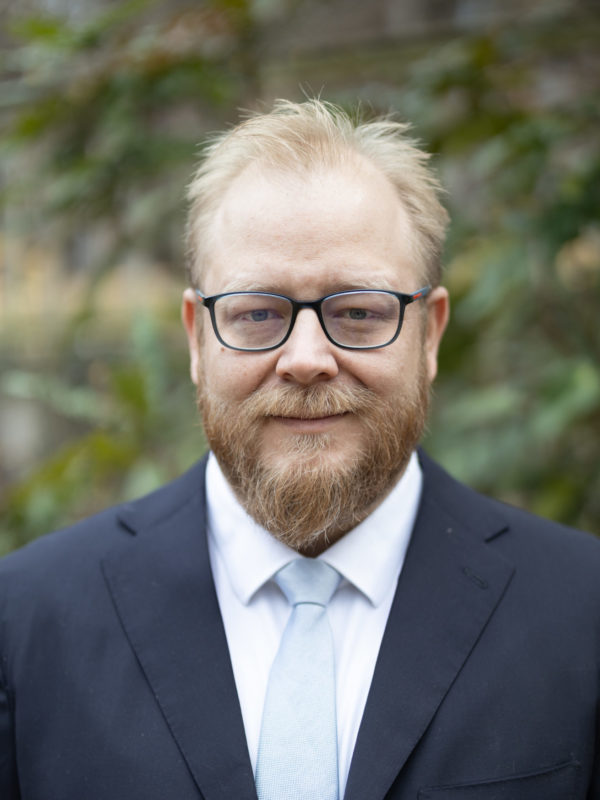
Christopher T. Haley
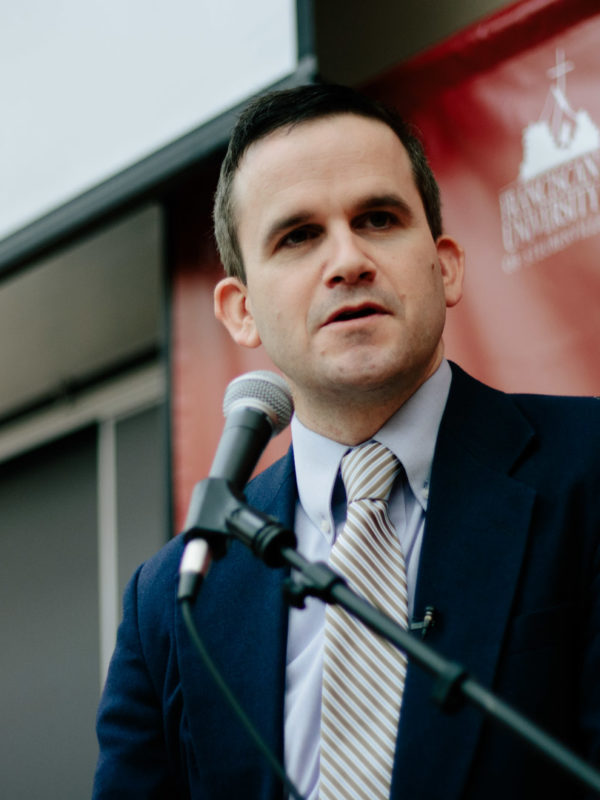
John Henry Crosby
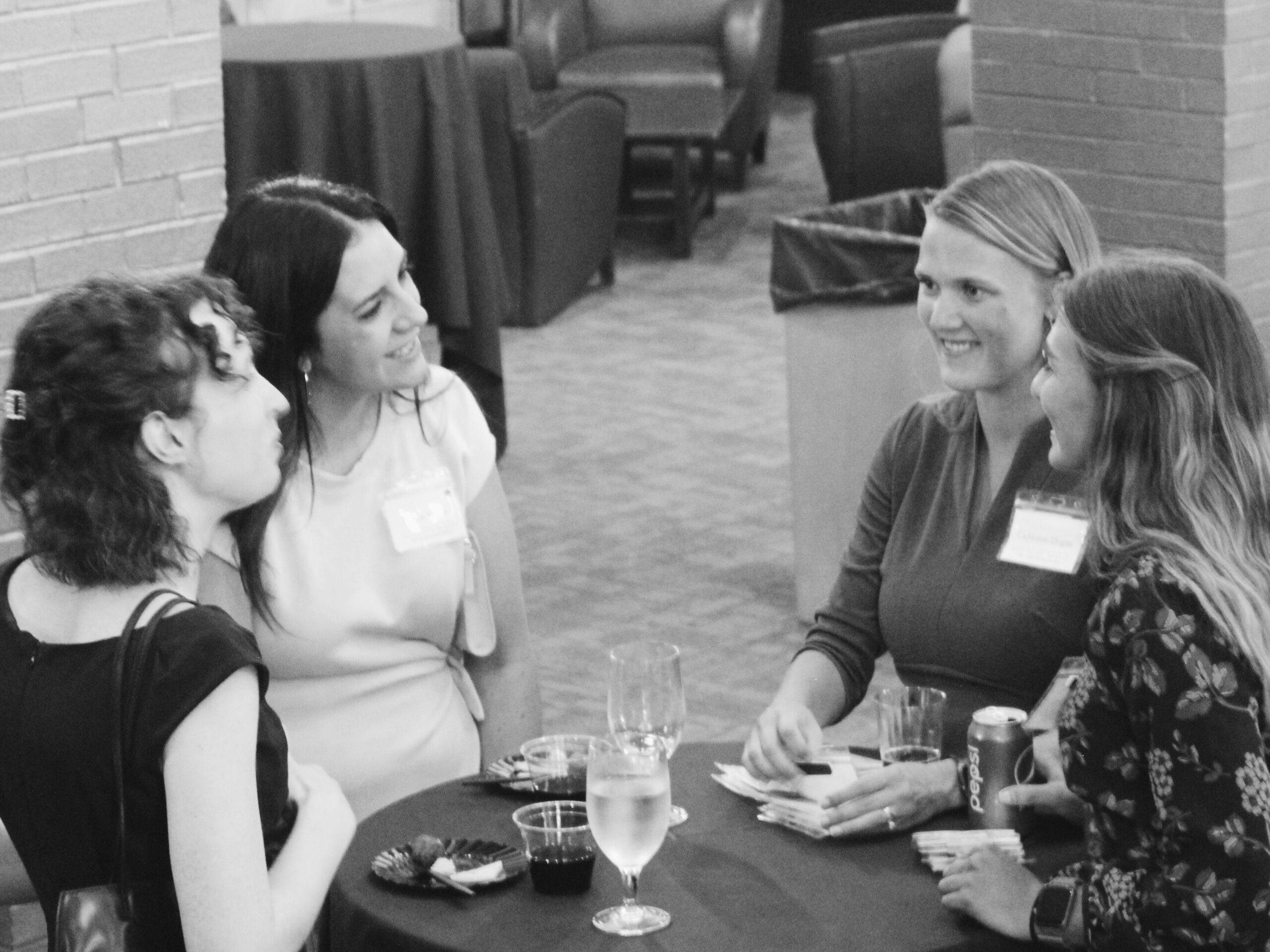
Format
The seminar will be a mix of lectures, panels, conversations, and small group discussions.
Each morning will open with a keynote lecture on a core topic, followed by panel discussions exploring particular themes. After a break for mass (optional) and lunch, the afternoons will be devoted to In Conversation sessions that will address questions and challenges, followed by small group discussions facilitated by seminar faculty.
Hildebrand Project events are intellectual and convivial. Participants are sent a list of reading materials upon acceptance, which should be completed before the start of the seminar. The days are devoted to seminar sessions, while the evenings are free—and often filled with wine, music, and conversation.
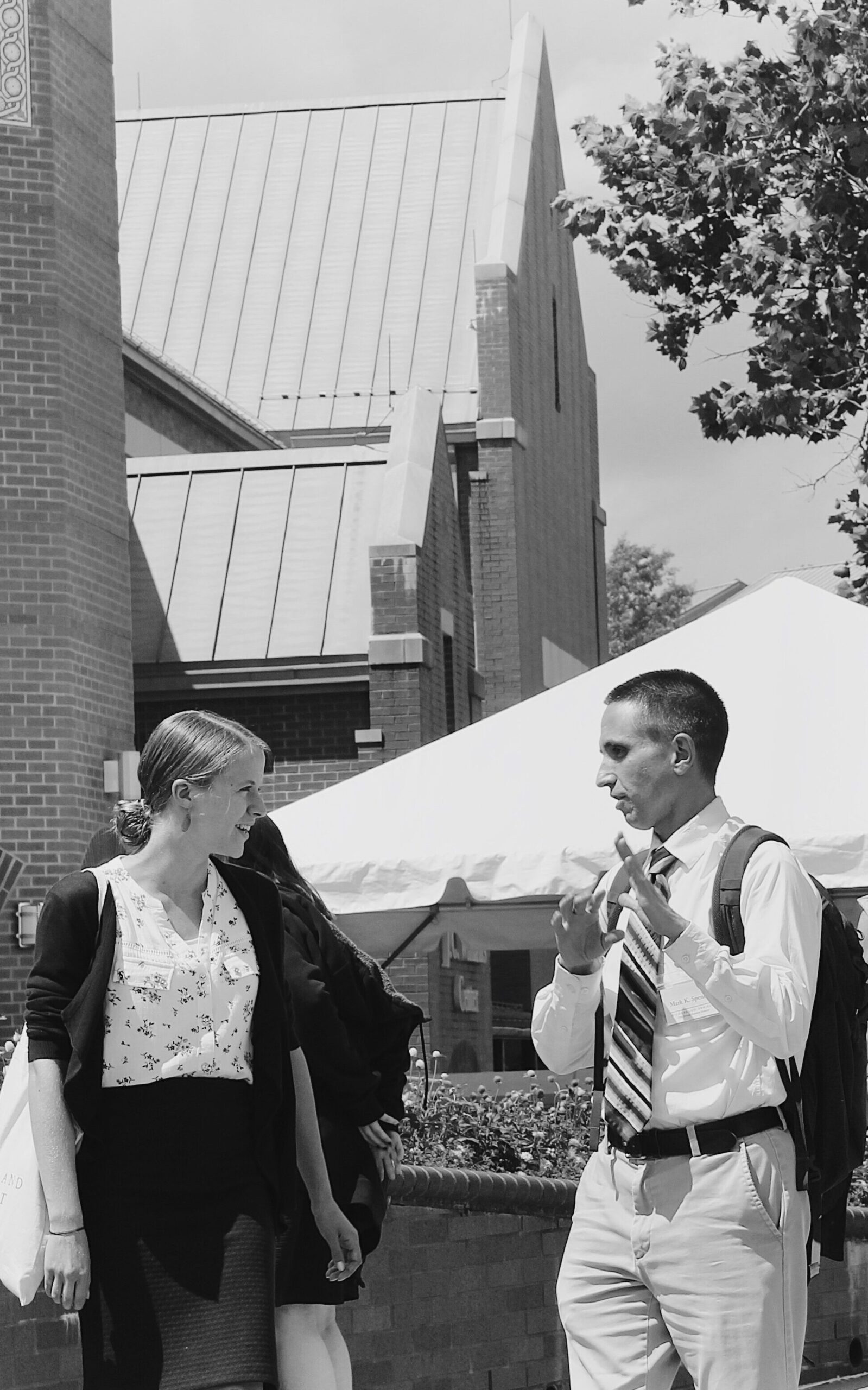
Schedule
The seminar will begin with an opening dinner on June 26. Participants will depart on July 1.
Day 1: Created in the Image of God
- Keynote: The Christian Vision of Creation
- Panel: Gratitude & Worship: Prayer, Eucharist, Liturgy
- Conversation: Gratitude & Great Suffering
Day 2: The Gift of Self
- Keynote: Acceptance of One’s Own Being
- Panel: Ingratitude – Self-Hatred, Depression, & Despair
- Conversation: Promethean Choice – Transhumanism & Euthanasia
Day 3: To Give as we Receive
- Keynote: Gratitude & the Reception of Tradition
- Panel: Human Challenges to which Gratitude is an Antidote
- Conversation: Care for One Another – Stewardship & Civil Society
Day 4: The Fruits of a Grateful Life
- Keynote: Manifestations of Gratitude – Joy, Festivity, Hope
- Panel: The Role of Gratitude in Creativity, Art, and Invention
- Conversation: Closing Faculty Panel
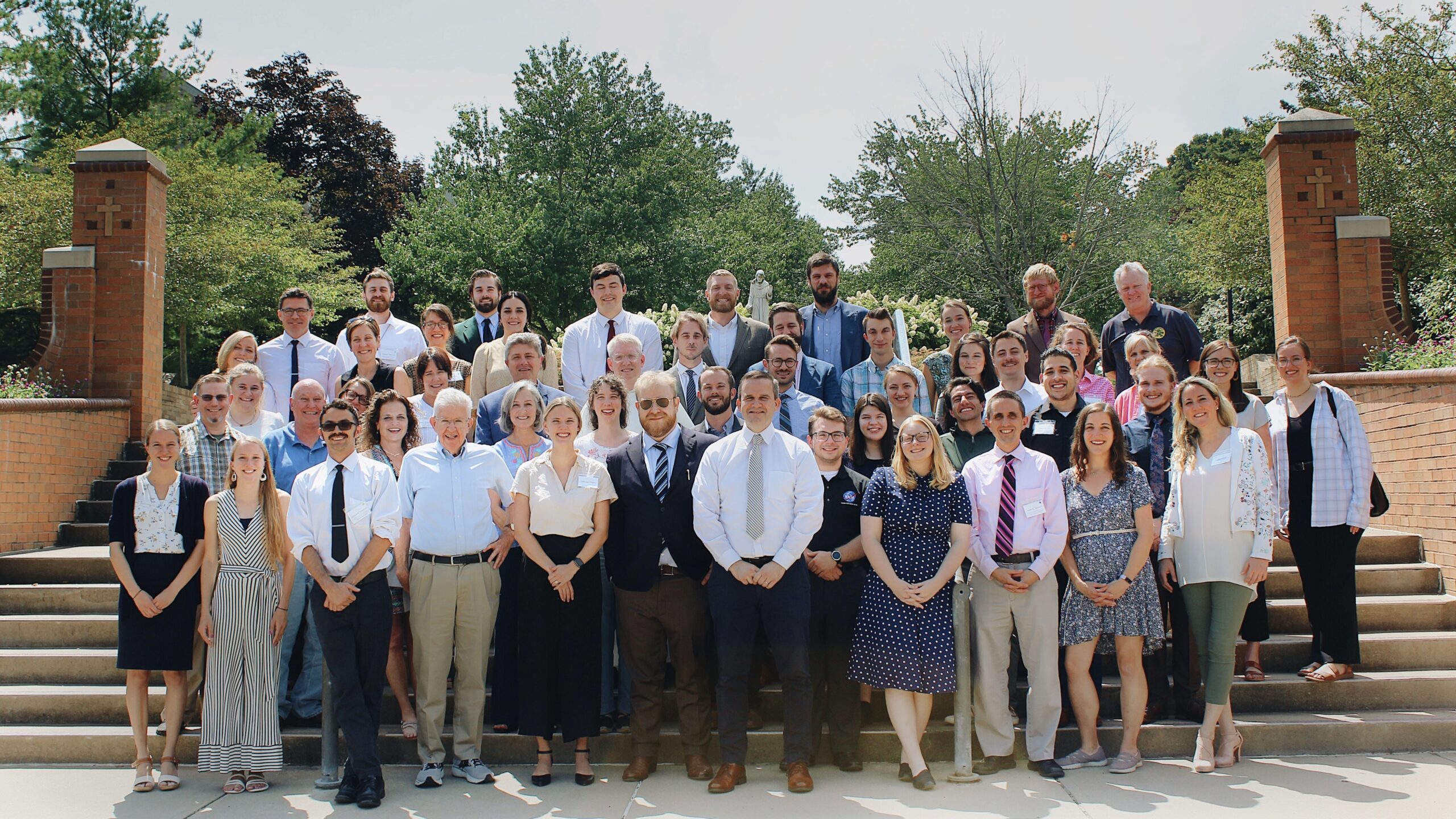
Applying for the Seminar
The seminar is open to anyone who wishes to explore the nature and significance of character, virtue, integrity, and authenticity, including especially:
- Undergraduate and graduate students
- University and high school professors
- Artists, writers, musicians, and architects
- Teachers, educators, and administrators
- Seminarians and clergy
The application process is based on interest but subject to space limitations.
The application and nomination window ends on April 30, 2023.
You may apply online below. The application contains two short essays (300 words max), and you will add your answers there:
(1) How do you expect the Hildebrand Seminar to affect your life and work when you return home?
(2) Read this excerpt from Gratitude and comment on the relationship between gratitude and God.
We encourage faculty to nominate students to attend. Nominations will serve in lieu of letters of recommendation.
Online Seminar Track
In response to many requests from those who cannot attend in person, we are pleased to announce a virtual track for this year’s summer seminar. With exclusive Q&A time with our speakers, dedicated small-group discussions, as well as access to every keynote, panel, and conversation, our virtual track is not a streaming simulacrum but a personal online experience for those who cannot attend in person. The deadline to apply is June 1, and the cost to attend is $49. We hope you will join us.
Room, Board, and Travel
The seminar will be held on the campus of Franciscan University of Steubenville, where participants will be lodged in university housing. Professional participants also have the option of staying at the Franciscan Square Inn at their own expense (there is a discounted seminar rate available). Participants will have access to the university library, internet, and other basic amenities. All costs for room and board are included in the seminar fee.
Travel to and from Pittsburgh International Airport will be provided. Parking will be available on campus for those who drive.
Costs & Scholarship Opportunities
The fee covers room, board, and reading materials for the length of the seminar. Attendees are asked to pursue all possible funding sources as fees play a critical role in making the seminars possible. Attendees whose participation is contingent on financial support may request a scholarship when applying. To be considered for a scholarship, applicants must submit a letter of recommendation or receive a nomination. Recommendations can be emailed directly to events@hildebrandproject.org.
Student: $650
Professional (dormitory housing): $1,650
Professional (no dormitory housing; attendee covers hotel accommodations at the special seminar rate of $129/night): $1,250
Special rate for Franciscan University of Steubenville students: $199 (with housing) / $99 (without housing).
Sponsor the Summer Seminar
Download the flyer for the event here: Summer Seminar 2023 Flyer (pdf)
